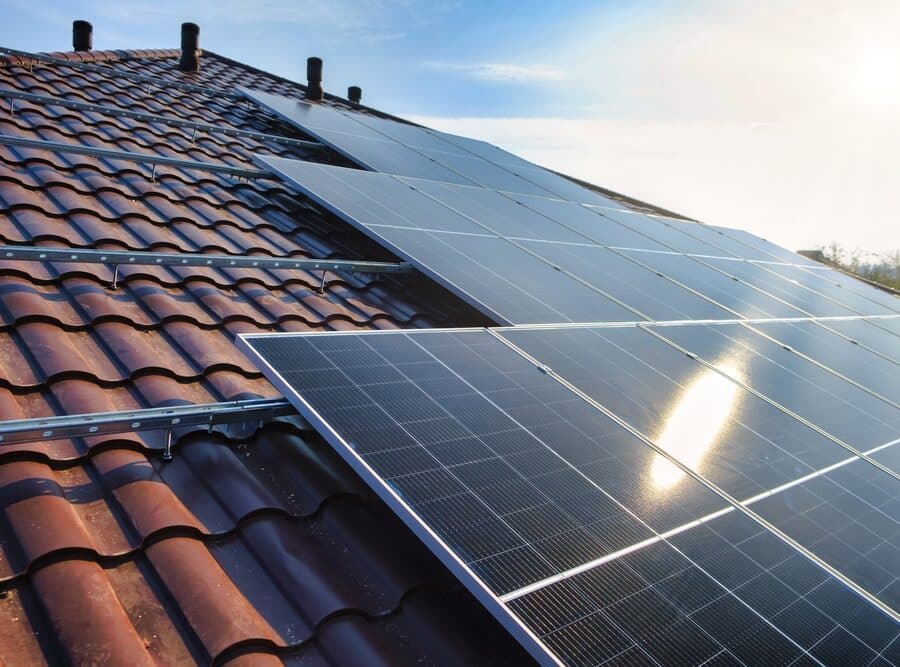In a pivotal victory for consumers, the United States District Court for the Middle District of Florida has granted the Plaintiff’s motion to file a second amended complaint in the Lumio HX, Inc. (“Lumio”) class action lawsuit being prosecuted by Newsome Law and their co-counsel. The newly filed complaint greatly expands the scope of claims on behalf of consumers against Lumio and its alleged co-conspirators, as detailed further below.
Background
The case, led by plaintiff Shoshana Smith, centers around allegations of deceptive sales practices by Lumio and Atlantic Key Energy, LLC (“AKE”) with respect to solar energy systems. Smith alleges that she and her husband contracted with Lumio and AKE for a rooftop solar panel system that cost nearly $70,000 after being promised that the solar system would take care off all their electricity needs and that they would receive a tax “rebate” check from the government. Instead of the expected benefits, Smith alleges that the system is unreliable and does not produce the promised 100% energy offset (meaning she is now stuck with both her electrical bill and monthly loan payments for the system, i.e. two bills instead of one), and the promised government rebates never came.
Smith further alleges that her experience is not unique, and that instead, other consumers have reported being defrauded by the same general business practices. As such, she brought the claim as a class action—meaning that her goal is to secure justice for not only herself, but for all others who she contends were defrauded by the same business practices.
The initial complaint included claims for breach of contract and unjust enrichment against Lumio and AKE. The second amended complaint adds four new plaintiffs, new defendants (Fifth Third Bank and its solar-lending subsidiary/division, Dividend Finance), and several new claims, as summarized next.
Following the Court’s Order granting leave, Plaintiffs filed the second amended complaint on Thursday, May 23.
New Claims
The first new claim asserted in the Second Amended Complaint is for violation of the Federal Racketeer Influenced and Corrupt Organizations Act, 18 U.S.C § 1962—also known as a “Civil RICO” claim. This count asserts that Lumio worked with other individuals and organizations, including five other solar companies. It further alleges that Lumio was aided by large banks and lenders (known as Lumio’s “Finance Partners”) which provide massive loans to consumers for the cost of the energy systems. The complaint alleges, for instance, that Lumio would certify a project as complete despite never obtaining the necessary permits and the system not being operational, and that the Finance Partners would then release the funds to Lumio, placing the customer in debt for a system that did not work as promised. The complaint refers to this coordinated effort of organizations and individuals as the “Lumio Enterprise.”
The complaint alleges that the Lumio Enterprise violated RICO by using “interstate wires”—a legal term of art meaning communications sent across state lines—to perpetuate their fraudulent schemes. In particular, the complaint asserts that the Lumio Enterprise used online advertisements, across Facebook, YouTube, and other platforms to spread misleading information. The complaint also asserts that the Lumio Enterprise made its deceptive sales training tips and tactics accessible online, which not only promoted these practices but also helped ingrain them within their sales strategy.
In addition, the complaint introduces new counts for fraudulent inducement and violations of consumer protection laws, including Florida’s Deceptive and Unfair Trade Practices Act and Florida’s Distributed Energy Generation System Sales Act. The complaint asserts that the Lumio Enterprise violated these consumer protections by overstating energy savings, misrepresenting tax credits as “rebates,” and employing high-pressure sales tactics. These tactics allegedly include pressuring homeowners to sign complex contracts on small tablets without proper review and bypassing essential consumer disclosures and “cool off” period cancellation rights.
New Parties
Most solar customers lack the liquid assets to pay outright for a solar energy system, often costing $60,000 or more, thus requiring financing. The complaint contends that the Finance Partners—entities that have received massive interest payments from large consumer loans for Lumio’s solar energy systems—are implicated here. The complaint asserts that the Finance Partners are liable for Lumio’s alleged wrongdoing pursuant to the “Holder Rule,” which holds the lender accountable for the seller’s failure to live up to its end of the bargain. The complaint brings a Holder Rule count against Fifth Third Bank, operating as Dividend Finance, as one of these Finance Partners.
The complaint also introduces additional plaintiffs who have secured financing from various Finance Partners. This widens the lawsuit’s scope, with the goal to provide greater potential relief for the Class as a whole.
What’s Next?
The plaintiffs are now proceeding forward on the second amended complaint, which will include additional plaintiffs and defendants, as well as expanded claims. The case remains in the discovery stage, so the parties are continuing to exchange information as they proceed towards the next stage: the motion for class certification, through which the Plaintiffs will ask the Court officially designate them as the representatives of the class so that they can obtain relief for all other Lumio customers.
Stay tuned for further updates as this case progresses and continues to impact the landscape of consumer rights in the solar energy industry.
In the meantime, if you believe you have been defrauded by a solar company or a solar lender, the Newsome Law team would be happy to review your potential claim, free of charge. You can contact us via email at Inquiry@newsomelaw.com or phone at (888) 808-5977.


